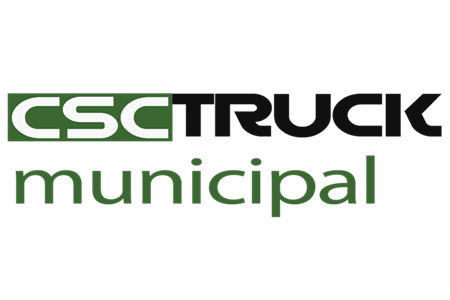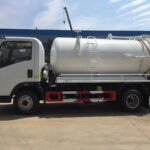In the bustling heart of any city, beneath the towering skyscrapers and bustling streets, lies an intricate network of underground sewer systems. These hidden arteries of urban infrastructure are responsible for carrying away waste and wastewater, keeping our cities clean and safe. However, like any system, they require regular maintenance to ensure they function efficiently and prevent potential disasters. Enter the unsung heroes of urban maintenance – sewer septic trucks.
The Urban Challenge
Urbanization is on the rise across the globe, with more and more people flocking to cities in search of better opportunities and a higher quality of life. As the urban population swells, so does the strain on the infrastructure that supports these cities. One critical aspect of this infrastructure is the sewer system.
In densely populated urban areas, sewers bear the brunt of constant use. Everything from household waste to industrial runoff flows into these channels daily. Without proper maintenance, the accumulation of debris, sediment, and other materials can lead to blockages, overflows, and even structural damage to the sewer lines. This not only poses a significant public health risk but also results in massive repair costs and disruptions to city life.
The Role of Sewer Septic Trucks
Sewer septic trucks play an indispensable role in addressing these challenges. These specialized vehicles are designed to clean, maintain, and repair sewer systems, ensuring they continue to operate smoothly. Let’s delve into the key functions and significance of these vehicles:
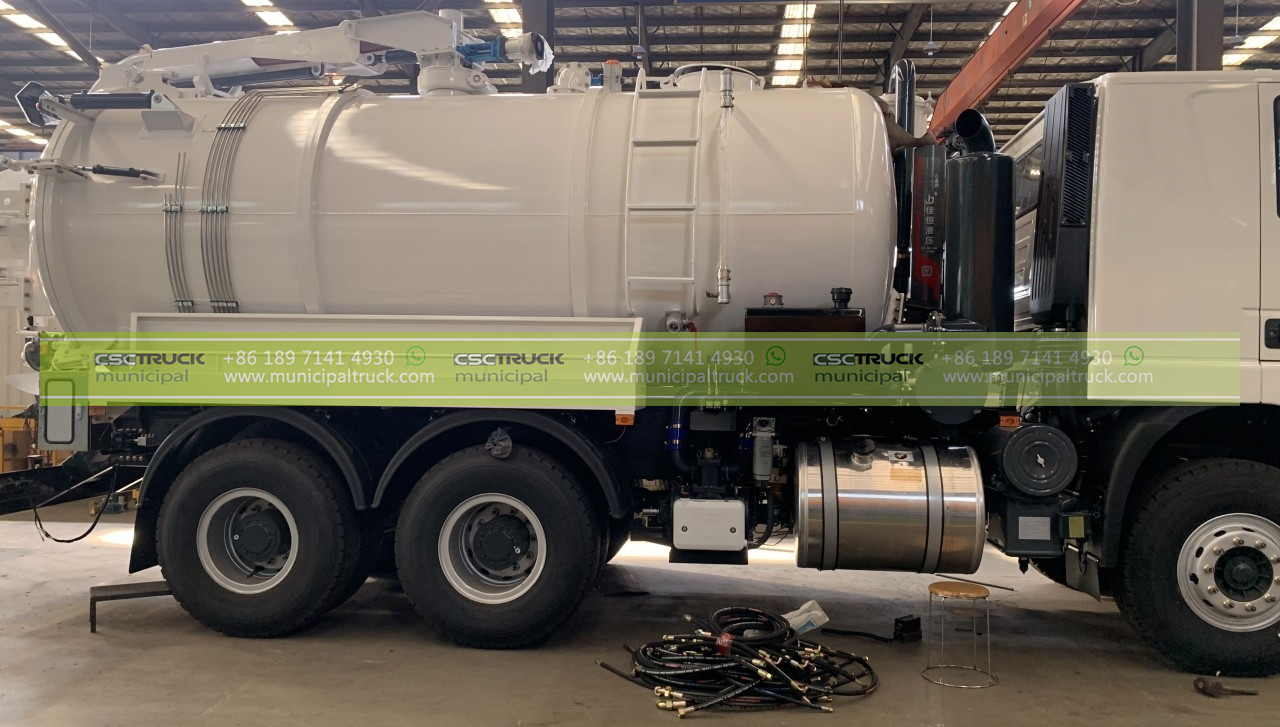
1. Cleaning and Debris Removal
One of the primary functions of sewer septic trucks is the removal of debris and sediment from sewer lines. Over time, solid waste, grease, and other materials can accumulate, leading to blockages and reduced flow capacity. Septic trucks equipped with high-pressure water jets and powerful vacuum systems are used to dislodge and remove these obstructions. This not only prevents potential backups but also extends the lifespan of the sewer infrastructure.
2. Preventative Maintenance
Preventative maintenance is crucial for the longevity of sewer systems. Regular inspections and cleaning help identify potential issues before they escalate into costly emergencies. Septic trucks are equipped with cameras that can be inserted into sewer lines to inspect their condition. By identifying cracks, leaks, or other defects early, municipalities can plan and execute repairs proactively, saving both money and time.
3. Emergency Response
Despite diligent maintenance efforts, emergencies can still occur in sewer systems. Heavy rains, extreme weather events, or sudden surges in wastewater flow can overwhelm the system and cause overflows or ruptures. In such cases, sewer septic trucks are deployed for emergency response. They can quickly pump out excess wastewater and prevent further damage, mitigating the impact on public health and the environment.
4. Waste Disposal
Sewer septic trucks are equipped with large holding tanks to store the wastewater and debris they collect. Proper disposal of this waste is crucial to prevent contamination and environmental damage. These trucks transport the collected waste to treatment facilities where it can be processed and safely disposed of, ensuring minimal impact on the surrounding environment.
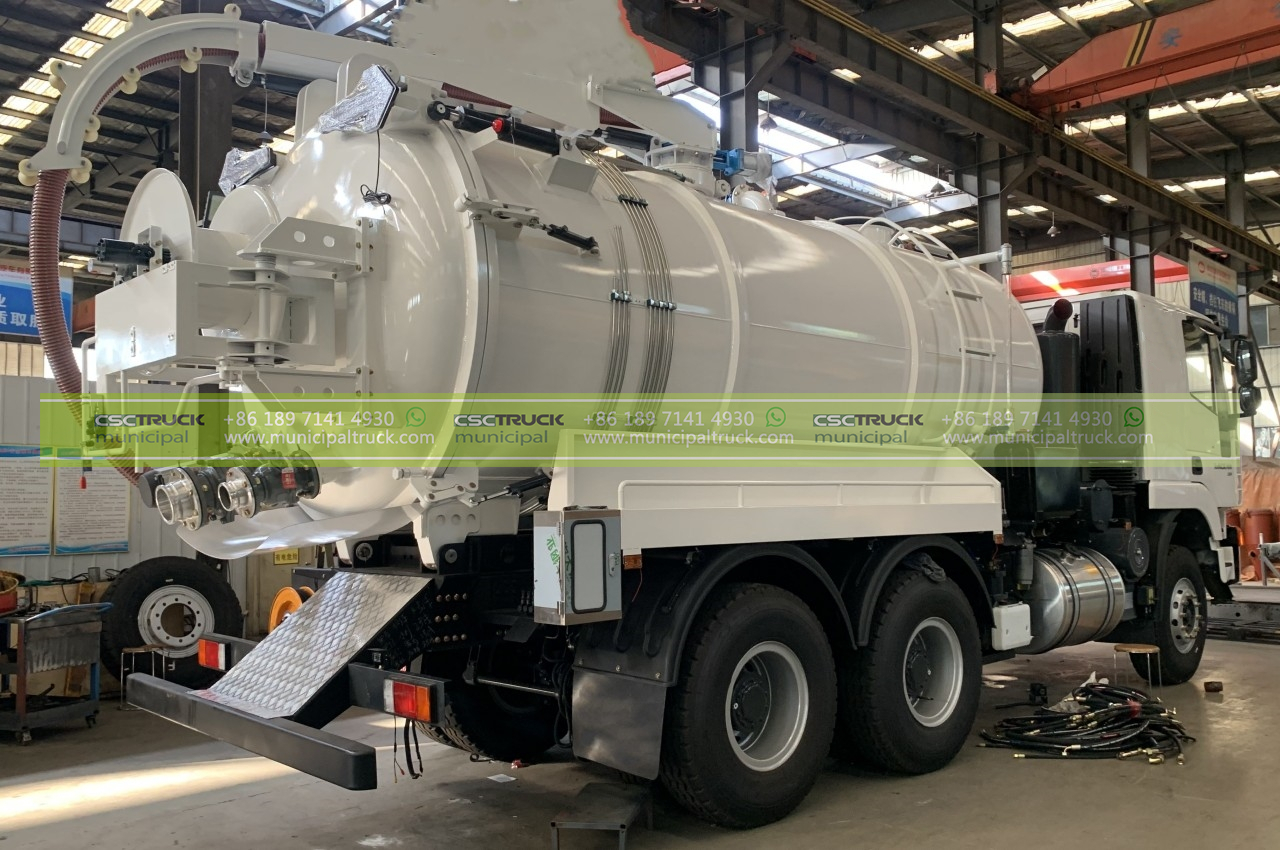
The Environmental Impact
Sewer septic trucks not only safeguard urban environments but also contribute to environmental protection in several ways:
1. Pollution Prevention
By regularly removing grease, oil, and other pollutants from the sewer lines, these trucks help prevent contamination of water bodies and reduce the risk of sewer overflow events that can discharge untreated wastewater into rivers and oceans.
2. Energy Efficiency
Efficient sewer maintenance reduces the need for energy-intensive emergency repairs and the associated carbon footprint. Proactive maintenance is often less resource-intensive and more sustainable in the long run.
3. Conservation of Resources
Preserving the integrity of sewer infrastructure through maintenance reduces the need for costly and resource-intensive replacement projects. This conservation of resources is both economically and environmentally beneficial.
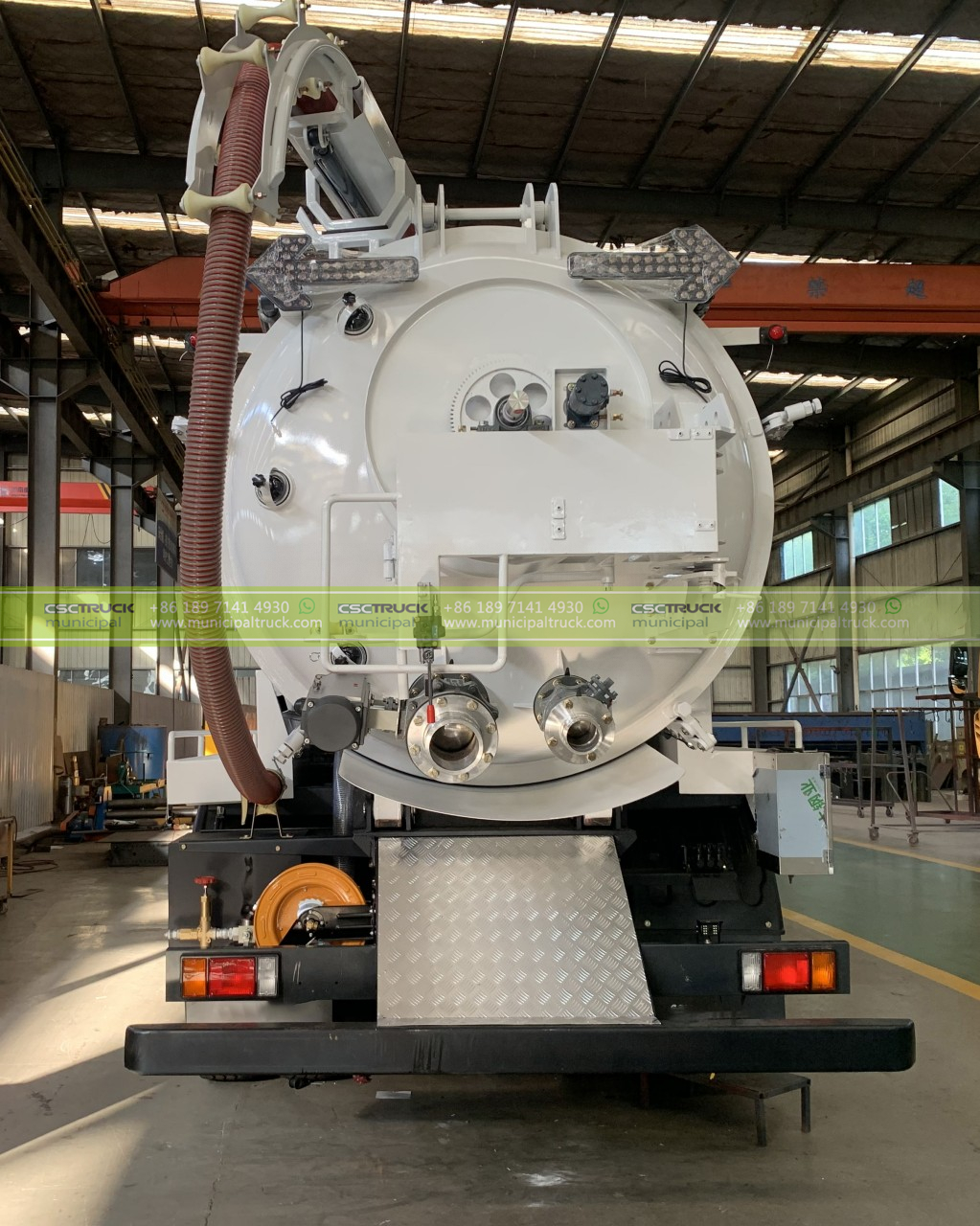
Conclusion
Sewer septic trucks are the unsung heroes of urban maintenance, working tirelessly beneath our feet to ensure the efficient functioning of sewer systems. They play a pivotal role in preventing blockages, overflows, and structural damage, all of which can have dire consequences for public health and city budgets. Moreover, they contribute to environmental protection by reducing pollution and conserving resources.
As our cities continue to grow and evolve, the importance of these specialized vehicles cannot be overstated. Municipalities must recognize the value of sewer septic trucks and invest in their maintenance and modernization. By doing so, we can ensure that our urban environments remain clean, safe, and sustainable for generations to come. In this age of rapid urbanization, these trucks are indeed essential for urban maintenance, safeguarding the health and well-being of city dwellers while protecting the environment.
Contact us for this municipal truck or similar trucks: [email protected] Call us or What's APP us: +86 189 4292 3930
